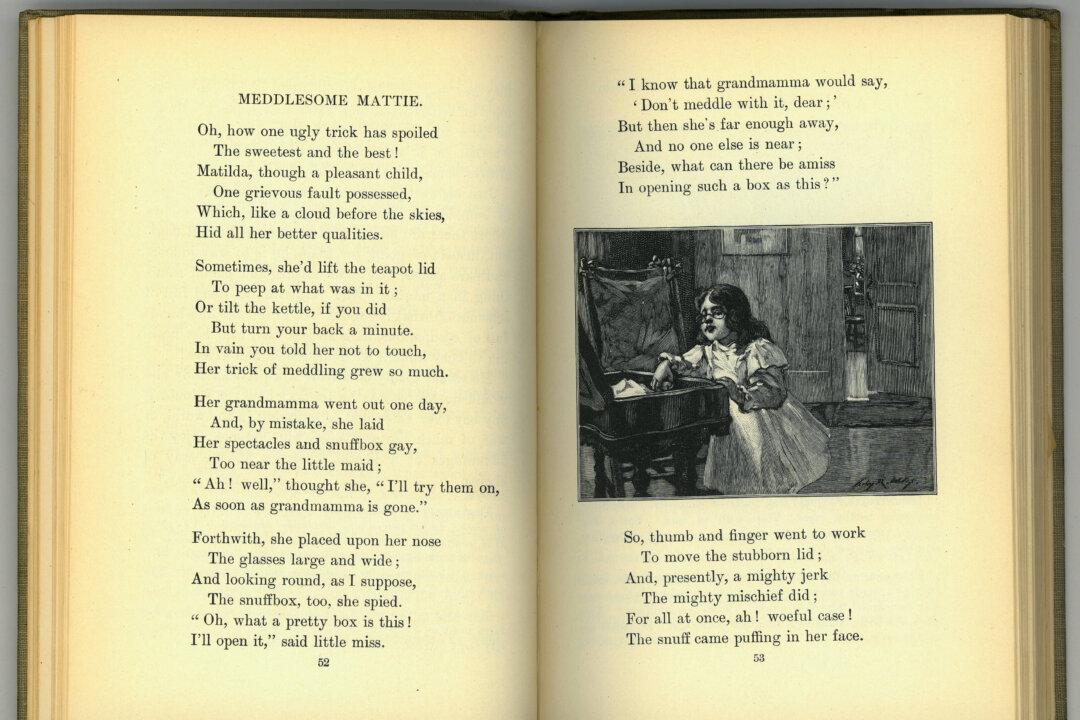Passionate teachers can light a flame in their students that will burn long into the future. Few of them, however, can claim to have helped shape the destiny and moral character of a nation.
Beginning in 1835, in conjunction with the Cincinnati publishing firm Truman and Smith, professor William Holmes McGuffey (1800–1873) wrote four readers for the primary grades, or grammar school as many then called it. In addition to reading, grammar, spelling, writing, and elocution, these primers taught Judeo-Christian values, lessons in morality and character building, and the importance of hard work and education.






